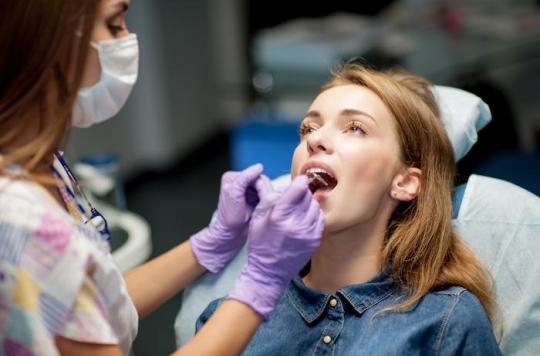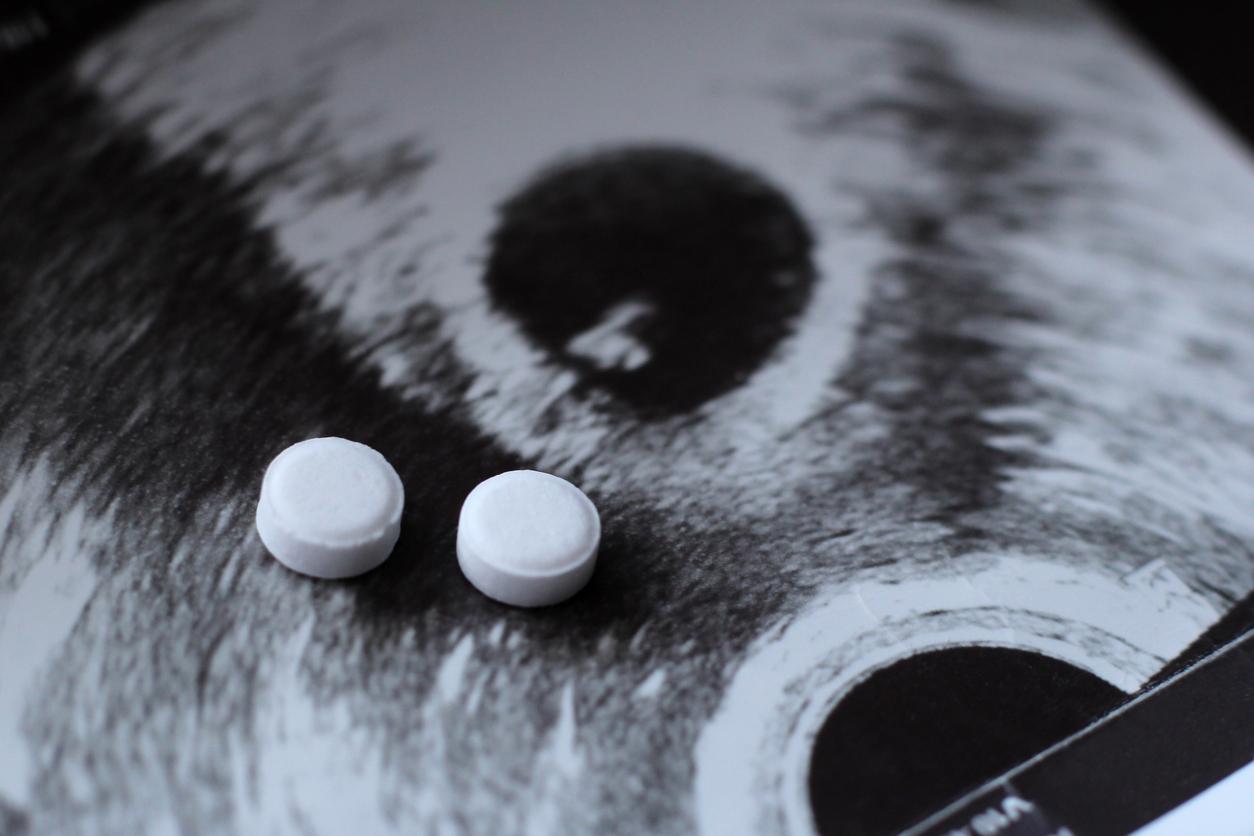“A child equals a tooth” as the popular saying goes. Losing a tooth with every baby is not entirely wrong, nor is it entirely true.

Having a large family would make mothers lose more teeth, this is the conclusion of a large European epidemiological study published in one of the BMJ reviews: Epidemiology & Community Health.
In this retrospective study of more than 30,000 people aged over 50, there is a strong relationship between the number of children and the number of teeth lost: from 3 children, women have 4.27 fewer teeth. compared to women who had only 2 children.
A baby equals a tooth
For a long time, this rule which required that with each pregnancy the mother lost a tooth, remained firmly anchored in the spirits. Whose fault is it ? Blame it on calcium, they said. To make his bones, the child must draw calcium from where he was, that is to say in the mother’s reserves, his bones and especially his teeth, which we know are very rich in calcium. Intellectually everything is held together except that in scientific reality, it is quite otherwise.
Calcium requirement
First, the baby’s calcium needs are real, but are largely covered by a varied diet, where milk and dairy products are absorbed in normal quantities. Then it is difficult for the baby to “prick” in his mother’s teeth: once adults, the teeth are definitively mineralized and can no longer lose their calcium. So if expectant mothers complain of dental problems, it is not the teeth that are the cause, but the gums!
Pregnancy and gum disease
During pregnancy, the risk of “gingivitis”, ie inflammation of the gums increases by 35%: the gums are sensitive, red, swell and bleed when brushing. Whose fault is it ? hormones.
During pregnancy, the level of progesterone increases by 10 to 30%. However, this hormone favorable to the fetus, develops the permeability of the vessels with the consequence of these phenomena of inflammation. And the inflamed gums become more susceptible to the attacks of dental plaque with its train of bacteria.
Consult with the dentist
These benign lesions are perfectly reversible provided they are entrusted to your dentist: appropriate toothbrushes and toothpaste, suitable mouthwashes allow these minor inconveniences to be overcome quickly. The ideal is to anticipate by making a control in particular at 3th and 6th month of pregnancy.
What if we do nothing? Well, we are exposed to the possible evolution of simple gingivitis into periodontitis. It is a severe disease of the tissues that support the tooth such as the gums and bones. Ultimately, this disease can cause the loss of one or more teeth.
And some go even further: “periodontitis” would trigger the production of inflammatory factors that could cause a shortening and dilation of the cervix, as well as uterine contractions. In the United States, doctors had even shown that out of 250,000 births, 18% of those which were premature were associated with periodontal infection.
In the end, our grandmothers weren’t entirely wrong.

.















